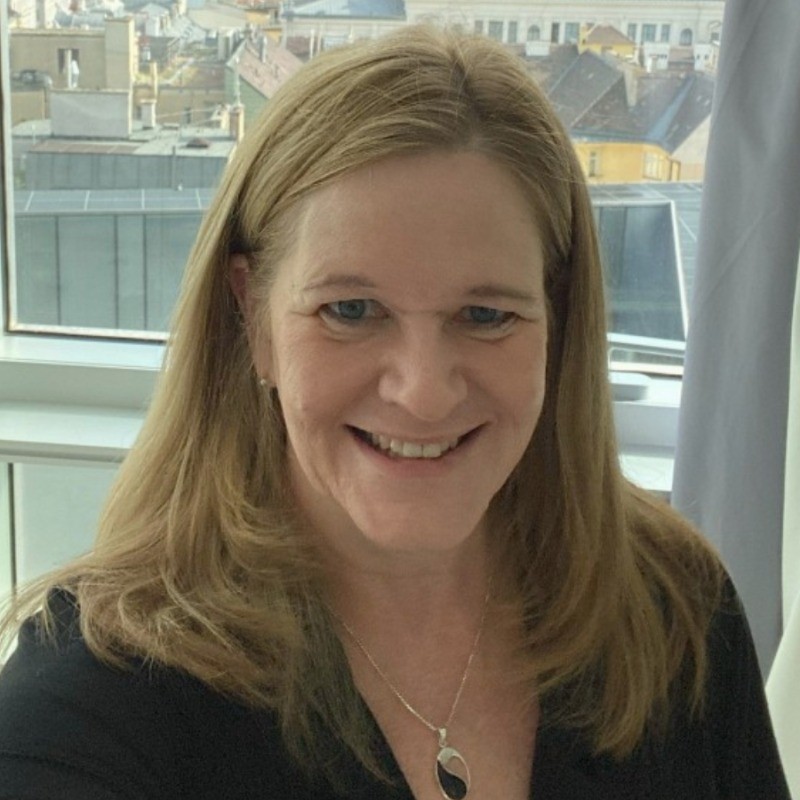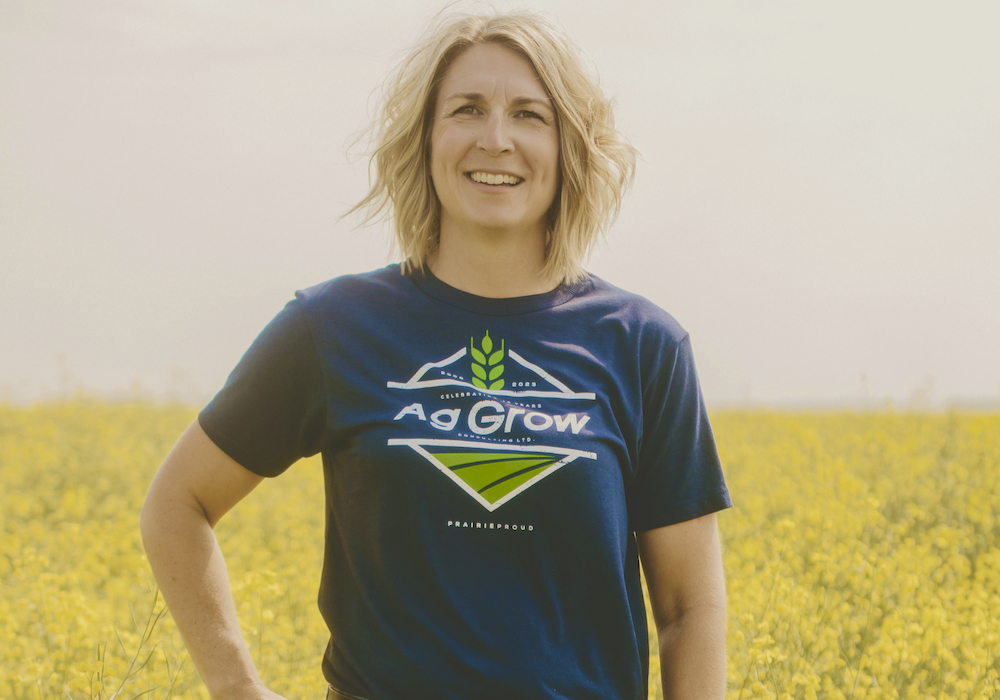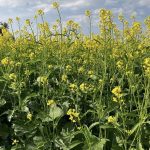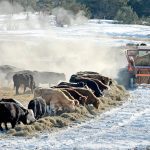Is it time to find a new advisor?
Or would walking away from your current advisors be such a serious mistake that you’d regret it for years to come? Accountants, agronomists, grain marketers and other advisors are key parts of many farm management teams. But how good are we farmers at managing those relationships and making sure we’re getting top value from them?
It turns out this is a crucial question, and summer may be your best opportunity to tackle it.
Read Also

‘No agenda, no attenda’: How to professionalize your family farm meetings
Establishing meeting ground rules can help a farm family find ways to communicate that work for the business and the family.
Farmers are known for their ability to do a little bit of everything. But just because you can do everything yourself, doesn’t mean you should. These days, farmers hire paid professionals to help with anything from developing feed rations to registering new corporations, and many farmers have developed long-term relationships with professionals including accountants, agronomists, mechanics or input suppliers.
When the farmer/advisor relationship is ideal, the advisor knows their clients and their clients’ farms so well they become an extension of the farm management team. The advisor knows how the farm operates and can suggest new ideas that might be profitable.
Farmers in ideal farmer/advisor relationships also take every opportunity to learn from their hired professionals instead of blindly following advice they don’t understand. These farmers spend time with their advisors and are comfortable telling them the gritty details about their farm.
But that’s not always the case.
Sometimes it’s obvious
Sometimes, next-generation farmers inherit professional relationships along with the machinery. Maybe your mom’s bookkeeper isn’t a great fit for you. If you don’t trust this person enough to let them see all of your farm receipts, it’s clear. You need a new advisor.
Or your advisor may retire or relocate. Or the new banker assigned to your file might rub you the wrong way. If you’d rather go to the dentist than stop by your bank for a quick meeting with your banker, again it’s clear. You need a new advisor.
Farms can also outgrow their advisors. If you want to try new technology your agronomist doesn’t understand and can’t support, again, it’s time to change.
Kim Gerencser, a Saskatchewan-based farm business and management consultant through his company Growing Farm Profits, adds another clear case as well.
Gerencser says it’s certainly time to find a new advisor “if you discover that your professional isn’t actually working in your best interests. That is your number one trigger to find somebody new.”
For example, your advisor might have a conflict of interest. It might be an obvious case. For example, maybe your advisor earns money selling you inputs or services that you don’t truly need. Or it could be something more subtle.
If you’re in any of these situations, you need better advice. But don’t overlook that there is also a much more subtle — and important — warning sign. Are you afraid to ask your advisor a question?
Go ahead, just ask
When you’re meeting with an expert, asking questions can be awkward. How many years can I ask my accountant to explain “inventory adjustment” at tax time before he questions my intelligence? If you’ve been using that herbicide for years, will you admit you don’t know what mode of action it uses?
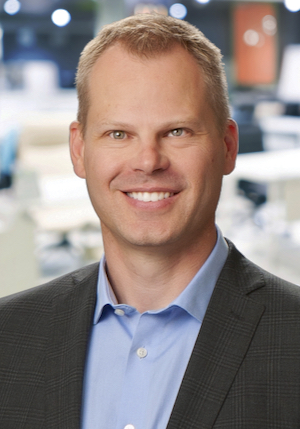
Gerencser says this isn’t only a problem for farmers, but for all entrepreneurs, and even all humans.
“We don’t want to look stupid.”
But you’re paying for their expertise, so this is an attitude to fight. “Take that pride, fold it up in a piece of paper. Burn it,” Gerencser says. “Ask the question.”
Maybe, though, you know your business could be doing better but you can’t figure out where the bottleneck is. If that’s you, Gerencser says, admit it. “It’s okay to say, ‘I don’t know what to ask.’ It can lead to the discussion that starts you on the way to growing wealth.”
Your advisor can look at your business with fresh eyes. Plus, they’ll be aware of more management techniques that may be working for farms like yours. So, ask open-ended questions. Encourage your advisor to suggest changes.
Besides, says Gerencser, if you’re sitting back hoping your advisor might suggest a new plan some day, “who’s actually managing your business?”
Opening your farm up to what feels like criticism can be uncomfortable and you may feel vulnerable, but it also opens the door to new opportunities, Gerencser says. “It’s irresponsible of any business owner to not ask the advisors that they’ve employed ‘What can I be doing different? Where can I improve? Where are my gaps?’”
That leads to another way to know when it’s time to find a new advisor.
“If they don’t have the ability or desire to have that conversation with you, it’s time to re-evaluate who you’re working with,” Gerencser says.
Making the change
It’s hard to replace an advisor, especially if your farm has worked with the same professional for a long time. You probably feel a sense of loyalty. You’ve already admitted to this person that your great aunt has the final say over your cropping decisions and that you think you bought the wrong sprayer. You went to his wife’s birthday party. It’s hard to admit that you haven’t been getting good advice or service from the professional you chose.
Besides the emotional cost, there’s a financial cost to changing advisors. For example, Gerencser says, “It’s expensive to change banks.” You may have to pay fees to move loans to another institution. If there isn’t a direct fee to change, you’ll still have to take time to find a new advisor, and then pay for their time while they get to know your farm.
But, says Gerencser, “Just because change is difficult doesn’t mean we shouldn’t pursue it.” If a bigger advisory bill increases your profits, it’s worth the investment. Don’t forget, Gerencser says, “Price is what you pay, value’s what you get.”
How deep is the bench
Ag Grow’s Kara Annand adds you may want a new professional advisor if you’re setting new goals. For example, you might need someone with more advanced education. Or, she says, “maybe somebody who’s connected to a network.”
For example, she says, if a farmer is growing a new crop not commonly grown in their area, like quinoa in some provinces, they might find out their long-term agronomist doesn’t know much about its production.
In a case like this, ideally, your advisor will bring in someone else with the specific expertise you need. With 16 agronomists across Saskatchewan, Ag Grow can bring in on-staff experts from other areas in this type of situation. Or, many one-person-shop agronomists can source an expert for you through their personal network.
The key is to make sure the advisor you’re working with has the confidence to admit it when they don’t have all the answers, and is willing (and able) to bring in someone with different expertise.
Similarly, at MNP, senior vice-president of agricultural services, Stuart Person, oversees a team of 700 accountants who specialize in agriculture across the country, and he encourages them to remember they’re all part of a “deep bench,” and to have the courage to call in other experts when they could be useful to clients.
“Some accountants have a belief that they have to do everything themselves. It’s okay to bring in more people,” Person says. In the case of accounting, he says, a good relationship with your accountant will expand well beyond taxes. Your accountant should be able to bring in experts to provide advice about, for example, relevant benchmarking information or succession planning advice tailored to your situation. A similar case can be made for many other professionals. Does your grain marketing advisor have the right connections to help you sell your first crop of camelina?
Person echoes Gerencser and Annand’s advice about being able to ask questions. “You should be able to talk to your accountant,” he says.
It’s your responsibility to make sure your professional advisors are working for you. Poor relationships hold you back, but the upside can be tremendous, Gerencser says. The right advisor might “change you completely from okay to exceptional.”
And you need more
Kara Annand is an independent agronomist with Ag Grow Consulting. She’s based in Nipawin, Sask., but Ag Grow Consulting covers the whole province.
Annand has seen many farmers searching for new advisors. “Their needs have changed,” she says. Farms expand, or new generations join the family business.
Annand enthusiastically agrees with GFP’s Kim Gerencser. Meet with an advisor before you sign on. It’s good strategy for the advisor too, she says. “We want to make sure they’re a fit for us, too,” she says. In fact, Ag Grow Consulting signs up new clients on a trial basis.
Annand suggests asking potential advisors about their professional development plans. Are they working to keep up with the latest trends? Do they know how new crop diseases spread? Are they up to speed on proposed tax changes? If your advisor isn’t always learning new things, a decade from now you’ll be paying them for 10-year-old advice.
Annand coaches other agronomists at Ag Grow to keep learning. She asks them, “What can you do this year to bring more value to your grower?” It’s a great question for farmers to ask too.
As well as learning themselves, Annand encourages Ag Grow agronomists to teach their farmer clients through mentoring and hands-on demonstrations. Annand believes that the more their clients understand, the easier it is to keep building the advisor/client relationship. More knowledge helps clients ask more informed questions and make better use of the advice they’re given.
Finding the perfect fit
What’s more important, finding the right advisors or choosing what truck is best? So which job should you spend more time at?
Finding the right relationship isn’t just taking your file folder to an office across the street from the old one. You need to search out someone you can trust, who will contribute to your farm business for the long term.
The first step is to make a list of potential candidates, then narrow it down to three or four options. Look online. Find lists of qualified professionals. Ask other farmers about their advisors. In some areas, such as agronomy, local is preferred, but since COVID-19, lots of professionals work remotely. Maybe the best advisor for you lives four hours away.
Once you have a short list, call them to set up informal meetings. Summer can be the best time of year for this, especially for accountants and business advisors.
Then, prepare. “You’re going to be interviewing them,” GFP’s Kim Gerencser says.
Remember too that the dynamics have changed. “It’s no longer you walking into the banker’s office, hat in hand, saying, ‘Please, sir, may I have a loan?’” Gerencser says.
Don’t be afraid to make that first call. If a potential financial advisor doesn’t have time for a coffee with you, Gerencser says, do they have time for your farm?
Remember too that if a candidate on your shortlist is part of a large company with a strong reputation, you still need to know about their personal skills and abilities.
Keep in mind, you’re shopping for the long term, not for the best fix for last year’s problem. “Do you have the character insight to sniff out if somebody is relational or transactional in how they want to do business with you?” Gerencser asks.
And remember this too: If you’re not comfortable conducting these interviews on your own, you could consider hiring a business consultant to help. Yes, an advisor for picking an advisor. Farming has changed that much.
– This article was originally published in the April 2024 issue of Country Guide.

